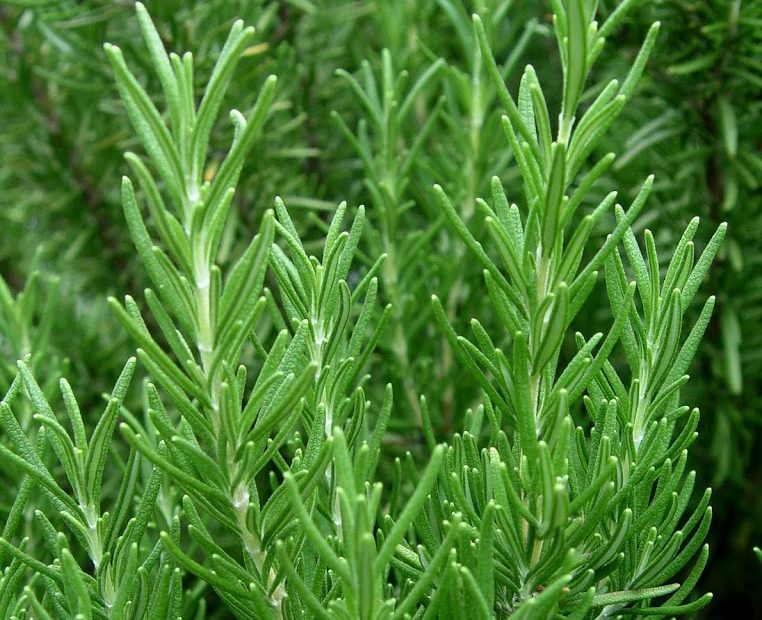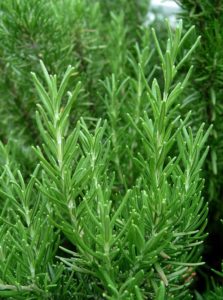Rosemary Herb ~ Love, Friendship and Trust
I had a wonderful opportunity to take a Kitchen Medicine in the Culinary Garden herbal class presented by herbalist Erica Galentin with Sovereignty Herbs and Companion Plants. Fantastic class learning how simple it is to make herbal tinctures, summer herbal beverages, harvest herbs, and propagate herbs. Great hands on experience and we also had the opportunity to see how they grow in nature. Just as nice was the chance to purchase some quality herbs from Companion Plants.
I left the class with much useful information but I want to share
with you what I learned about the Rosemary plant since this
little butterfly caught my attention as it hovered and rested on all the rosemary plants for quite awhile. Butterflies also love herbs, especially Rosemary! Herbs are a source of nectar and a good home for their eggs. Herbs benefit since butterflies help with pollination.
Living in Columbus OH, a zone 6, I can not get my Rosemary to survive the winter, which left me feeling like I had a bit of a black thumb. However, Rosemary likes to grow in sandy soil and grows ideally in warmer weather. The best solution is to bring my Rosemary plant indoors during the cold winter. A
simple solution really appreciated.
Rosemary is a member of the Mint family (Lamiaceae) and widely used to enhance the flavor of foods and for it’s medicinal benefits. It is a native to the Mediterranean are and thrives in other warm and sunny parts of the world. Historically, this herb has been a symbol of love, friendship, and trust.
In Ayurveda Rosemary is called Rusmari, is best for vata and kapha dosha but can be helpful with pitta dosha imbalance. It is pungent, bitter and astringent with the qualities of being hot, and clear.
Rosemary is known to improve memory and thinking skills, improve circulation, alleviate fear and feeling blue, support digestion, used to prevent halitosis, alleviate headaches, and treat insects bites. Due to it’s antimicrobial properties, it also inhibits food borne microbes.
Two primary active ingredients found in Rosemary are attributed for it’s therapeutic affects: carnosic acid and rosmarinic acid. Carnosic acid is a preservative and an antioxidant. Rosmarinic acid exhibits properties as an antioxidant, anti-inflammatory, antiviral, and antibacterial.
Roasted Root Vegetables with Rosemary
Ingredients:
- 1 carrot, 2 potatoes, 1 parsnip, 1 fennel bulb chopped into 1 1/2 inch pieces (or any combination of your favorite root vegetables)
- 3 tbsp olive oil (use one with a higher smoking point such as virgin, light or regular)
- 1/4 tsp sea salt or kosher salt
- 1/4 tsp black pepper
- 1 1/2 tbsp rosemary (fresh is best)
- 2 cloves garlic, minced
https://www.ncbi.nlm.nih.gov/pubmed/21877951:


